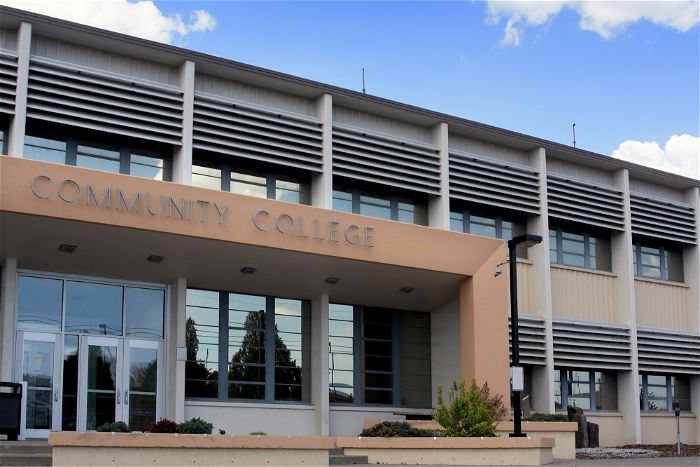On the Front Range in Colorado, the Community College of Aurora is eliminating several degree and credential programs with limited economic value for students. But it’s not a case of slash and burn. The college is pivoting faculty positions to new programs more responsive to the region’s workforce development needs, and it plans to bring business and industry to the table to co-create curricula and co-deliver work-based learning experiences that lead students into jobs out of college.
Meanwhile, in Southern California, the San Diego Workforce Partnership has set up shop in local public schools to help students discover their career interests and to coach them toward planning for the future, starting well before high school. The workforce board has also raised funding to expand job training programs in fields with strong demand for talent and has taken over the operation of its region’s American Job Centers to ensure that frontline career services staff, training program providers, and business services representatives are working toward the same end goals: matching jobseekers to in-demand jobs that pay family-sustaining wages.
You can learn more about these innovative workforce and education initiatives in Episode 10 of When Policy Meets Practice, Jobs for the Future’s policy podcast series, which focuses on best practices in education and workforce development systems and the policy implications those practices carry.
Tune in to this episode to hear veteran journalist Paul Fain engage in a panel discussion with the leaders of the organizations taking these bold steps: Mordecai Brownlee, president of the Community College of Aurora, and Peter Callstrom, president and CEO of the San Diego Workforce Partnership. Afterward, Fain talks about the federal and state policy considerations associated with initiatives like these in a conversation with Karishma Merchant, who recently joined JFF as associate vice president for policy and advocacy and previously served as a senior advisor to U.S. Senator Tim Kaine.
Fain’s conversations with Brownlee, Callstrom, and Merchant reveal a thought-provoking bottom line: Bold actions like those undertaken by the Community College of Aurora, the San Diego Workforce Partnership, and other innovative colleges and workforce boards aren’t mandated, supported, or rewarded by federal higher education and workforce development laws, or by policies on the books in most states. Nonetheless, both Brownlee and Callstrom indicated that their organizations are plowing ahead with sweeping changes because they recognize that students and jobseekers deserve—and expect—better guidance and more information when making choices about their skills development and career pathways.










